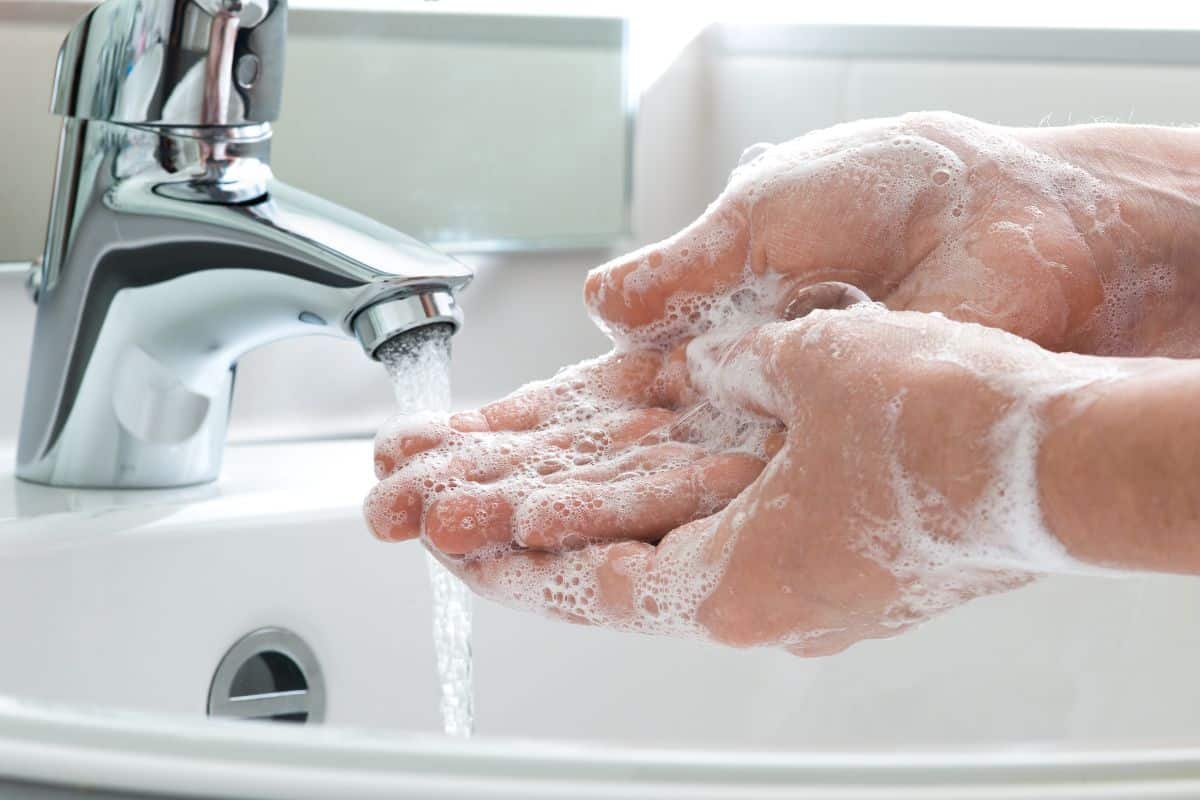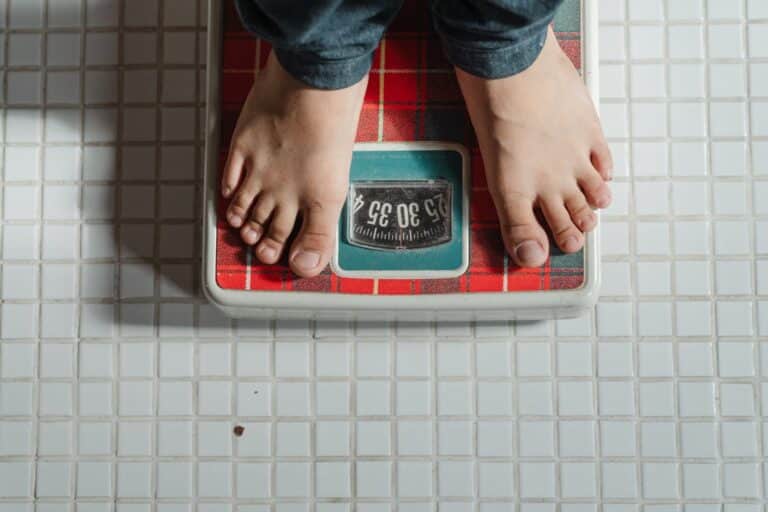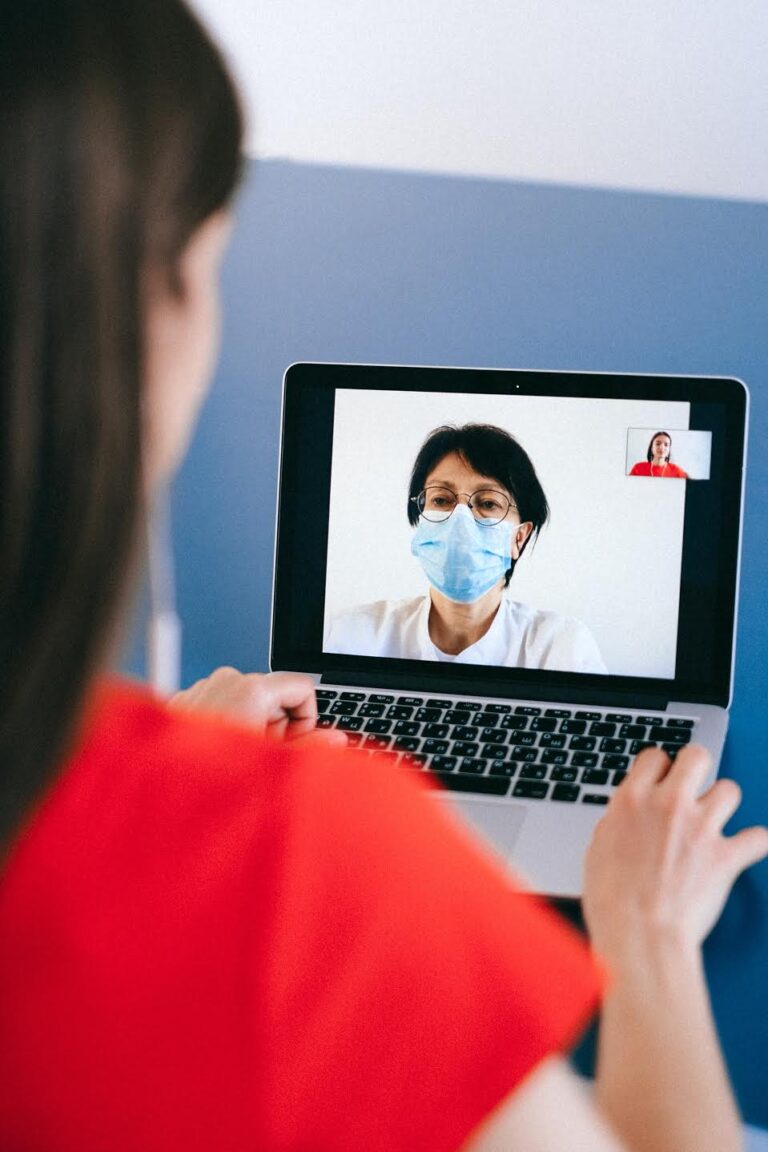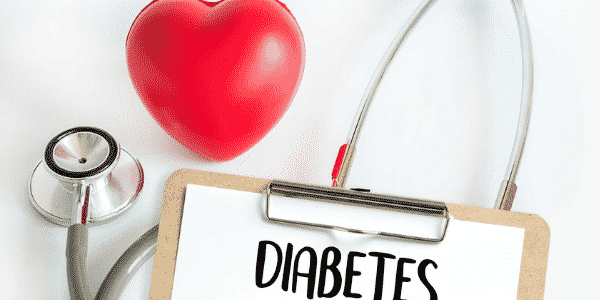Link Between Diabetes and Hygiene? Importance of Clean Hands
Diabetes is a chronic disease affecting a large number of people around the world. The condition disrupts the body’s ability to control blood glucose levels, prompting a number of inconveniences to the patient. While managing blood sugar through diet, exercise, and medication is vital, another frequently ignored link between diabetes and hygiene wellbeing is cleanliness.
Individuals with diabetes are more susceptible to contaminations because of high glucose levels debilitating the immune system. Basic practices like appropriate handwashing can fundamentally lessen the risk of contaminations and add to better diabetes management.
Why Clean Hands Matter for People with Diabetes?
High glucose levels can weaken the body’s capacity to fight off infections. This increased susceptibility makes even minor contaminations a serious worry for individuals with diabetes. This is the way infections can influence those with diabetes:
- Delayed Healing: High glucose levels can dial back wound healing, making even minor cuts or scratches more prone to infection and possibly prompting serious complications.
- Worsened Blood Sugar Control: Contaminations can set off the arrival of inflammatory chemicals that can additionally lift glucose levels, making diabetes management really testing.
- Increased Risk of Hospitalization: Uncontrolled infections can raise to the point where hospitalization becomes essential, disturbing day to day routine and possibly prompting unexpected complexities.
Everyday Situations Where Clean Hands are Essential
Keeping up with great hand hygiene is significant in different circumstances over the course of the day for everybody, except particularly for those with diabetes. Here are a few key moments:
- Before, During, and After Food Preparation: Foodborne illness represent a critical risk for individuals with diabetes. Wash hands thoroughly prior to dealing with food, in the middle between handling of raw and cooked ingredients, and in the wake of tidying up from food preparation.
- Before Eating: Germs on your hands can undoubtedly be moved to food and afterward ingested, possibly prompting infections. Wash hands before each meal and snack.
- After Using the Toilet: This is an easy decision, but it’s worth emphasizing. Washing hands with cleanser and water is fundamental in the wake of utilizing the toilet to prevent the spread of germs.
- After Blowing Your Nose, Coughing, or Sneezing: Respiratory sicknesses are a typical source of contamination. Continuously clean up in the wake of coughing, sniffling, or cleaning out your nose.
- After Checking Blood Sugar and Administering Insulin: Clean hands are fundamental while checking glucose levels or infusing insulin to forestall bringing microbes into the bloodstream.
- After Touching Animals: Animals carry different microscopic organisms and parasites. Clean up thoroughly in the wake of interaction with pets or any other animals.
- After Cleaning or Taking Out the Trash: Trash contains a large number of germs. Clean up in the wake of making a garbage run or cleaning surfaces that might hold onto microbes.
The Handwashing Imperative: Techniques for Effective Cleaning
Simply splashing water on your hands isn’t enough. Here’s how to properly wash your hands for maximum effectiveness:
- Wet your hands with clean, running water.
- Apply cleanser and foam well, covering all surfaces of your hands, including your palms, backs of hands, among fingers, and under your nails.
- Clean for somewhere around 20 seconds. Singing the “Happy Birthday” tune two times is an effective method for timing yourself.
- Wash thoroughly under clean, running water.
Dry your hands completely with a clean paper towel or toilet hand dryer. While air dryers are viable, studies have shown that hand drying with paper towels are more compelling at eliminating microbes. Nonetheless, utilizing a toilet hand dryer is desirable over not drying your hands by any means.
Beyond Handwashing: Additional Hygiene Tips for Diabetes Management
In addition to frequent handwashing, here are some additional hygiene practices to consider:
- Foot Care: Individuals with diabetes are at a higher risk of foot complications. Wash your feet everyday with warm water and cleanser, dry them completely, and examine them for any cuts, scratches, or indications of contamination.
- Dental Hygiene: High glucose levels can expand the risk of gum illness and other dental issues. Clean your teeth two times per day and floss day to day to keep up with great oral hygiene.
- Regular Showers/Baths: Shower or bathe routinely to eliminate sweat, dirt, and microorganisms from your skin.
- Clean Cuts and Scratches Promptly: Clean any cuts or scratches with cleanser and water and apply a gauze to prevent infection. Monitor the wound for indications of infection and look for clinical consideration if vital.
Making Cleanliness a Habit: Building a Routine for Good Hygiene
Developing a daily hygiene routine is key to managing diabetes effectively. Here are some tips for making handwashing and other hygiene practices a habit:
- Keep hand sanitizer readily available: Carry a container of alcohol-based hand sanitizer with you for circumstances where cleanser and water are not effectively accessible. Nonetheless, recall that hand sanitizer is certainly not a substitute for legitimate handwashing with cleanser and water whenever the situation allows.
- Post handwashing reminders: Set up signs in your restroom and kitchen reminding yourself as well as other people to wash hands.
- Involve the whole family: Teach your relatives about the significance of good cleanliness, particularly the people who assist with meal arrangement or share living spaces.
- Make handwashing fun: Urge kids to clean up by singing tunes or utilizing brilliant cleanser dispensers.
Clean Hands, Healthy Life with Diabetes
By focusing on great hygiene, especially handwashing, individuals with diabetes can fundamentally lessen their risk of catching infections and complications. Simple practices like washing hands and following proper procedures can have a major effect in managing glucose levels and wellbeing. Finally, great hygiene is a foundation of diabetes management and plays a critical part with a sound and satisfying life.







